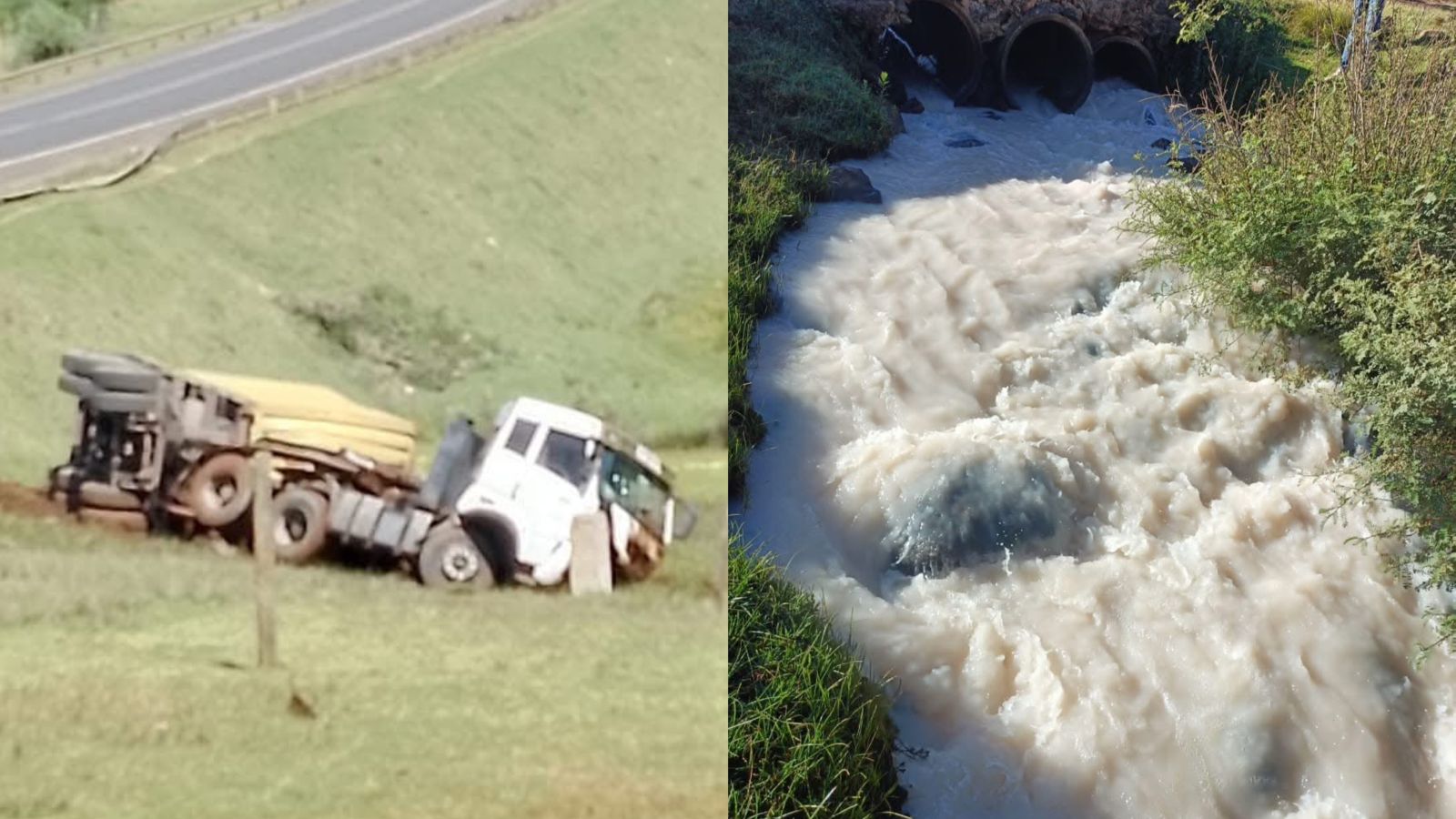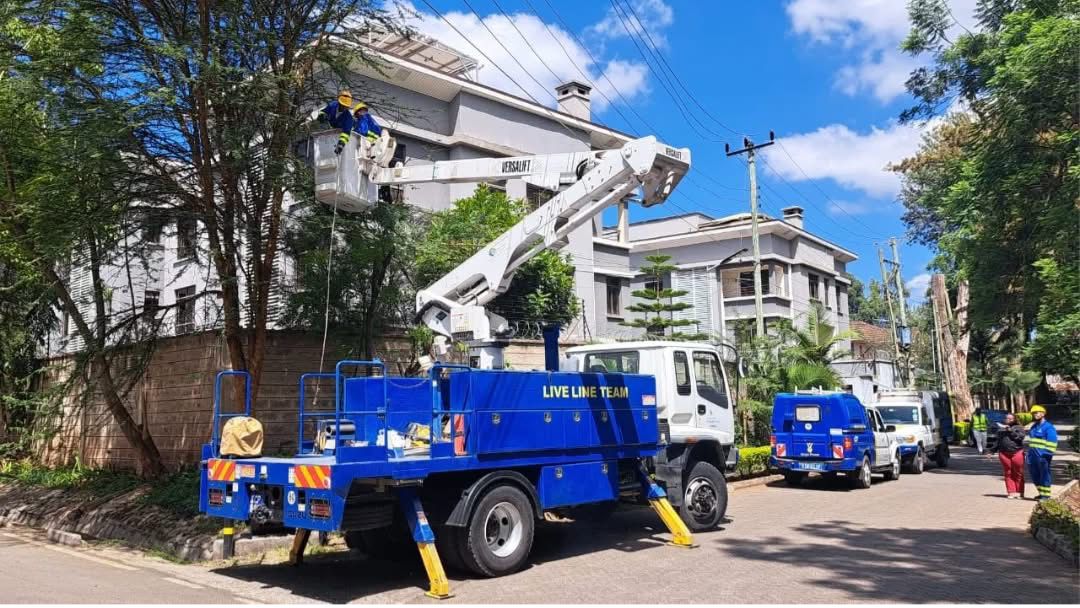The Eldoret Water and Sanitation Company (ELDOWAS) has issued an alert to residents following a chemical spill that occurred on Thursday, November 20, in Matharu, Tarakwa Ward, Timboroa, prompting the shutdown of the Kesses Water Treatment Plant.
In a statement on Friday, November 20, the company said the move is a precaution meant to protect consumers as investigations into the nature of the spilled substance continue.
ELDOWAS explained that the spill was the result of a truck accident, with residents witnessing the materials entering a major river system.
"The Eldoret Water and Sanitation Company (ELDOWAS) wishes to update the public regarding a reported incident of chemical spillage that occurred in the Matharu area, Tarakwa Ward, Timboroa Location.
"According to witnesses, a lorry transporting a white industrial substance and reportedly en route to the Democratic Republic of Congo overturned, causing the material to spill into the River Kipkarren-Bindura-Kesses system," the statement read.
Read More
According to ELDOWAS, the river is directly connected to the Kesses Dam catchment, heightening the seriousness of the situation.
As a result, the company has temporarily halted operations at the plant to ensure no contaminated water is processed or distributed.
"This river forms a critical part of the upstream catchment that flows directly into Kesses Dam, which supplies water to the Kesses Water Treatment Plant.
"As a precautionary measure, the Kesses Plant has been temporarily shut down to prevent any risk of contaminated raw water entering the treatment system before the full composition of the spilled substance is confirmed," the statement added.
In addition, specialised teams have been dispatched to carry out water sampling and determine the extent of the contamination.
"Our water quality team has been dispatched to conduct upstream and downstream sampling along the affected river stretch and within Kesses Dam," the statement further read.

While multi-agency responders continue to investigate, ELDOWAS has urged the public to stay observant and immediately report suspicious water changes.
"As multi-agency teams continue to assess the incident and confirm the nature of the chemical involved, residents are encouraged to remain alert and to report any unusual smells, colours, or frothing observed in nearby water bodies through our emergency lines," the statement concluded.
This comes a month after the Kenya Bureau of Standards (KEBS) dismissed claims that Kenya is among the countries facing a risk of methanol poisoning from counterfeit or tainted alcoholic drinks.
In a statement on Wednesday, October 22, KEBS said it had taken note of the media reports and assured Kenyans that there is no cause for alarm.
"The attention of the Kenya Bureau of Standards has been drawn to media reports on a directive that includes Kenya in a list of eight countries with the risk of methanol poisoning from counterfeit or tainted alcoholic drinks," the statement read.
KEBS explained that methanol available in Kenya cannot be mistaken for alcohol since it is treated with a bitter chemical that makes it impossible to consume.
"KEBS would like to assure the public that all methanol in the country is denatured by adding the bitterest chemical called denatonium benzoate. This means that methanol found in Kenya can never be mistaken for alcohol as this component makes its taste extremely bitter for human ingestion," the statement added.
KEBS added that all methanol, whether produced locally or imported, must adhere to strict standards developed by its Industrial Solvents and Chemical Technical Committee.
These include KS 2471:2013 (methanol for industrial use), KS 2582-1:2014 (safety of chemical products – safety of methanol), KS 2583:2014 (denatonium benzoate in alcohols – test method), and KS 2584:2018 (transport of dangerous goods – operational requirements of road vehicles).
KEBS noted that to prevent abuse, every consignment of methanol must be denatured with denatonium benzoate, except those meant strictly for laboratory use.
"To prevent abuse, all consignments of methanol, whether imported or manufactured locally, as provided in the KS 2582-1: 2014, section 4.1. On prevention of reasonably foreseeable misuse, clause 4.1.6 states that all grades of methanol except those meant for laboratory use shall be denatured with denatonium benzoate to prevent oral intake by vulnerable consumers.
"Further, section 4.1.7 states that when tested in accordance with KS 2583, all grades of methanol except the grades meant for laboratory use shall contain not less than 8 ppm of denatonium benzoate denaturant," the statement further read.






